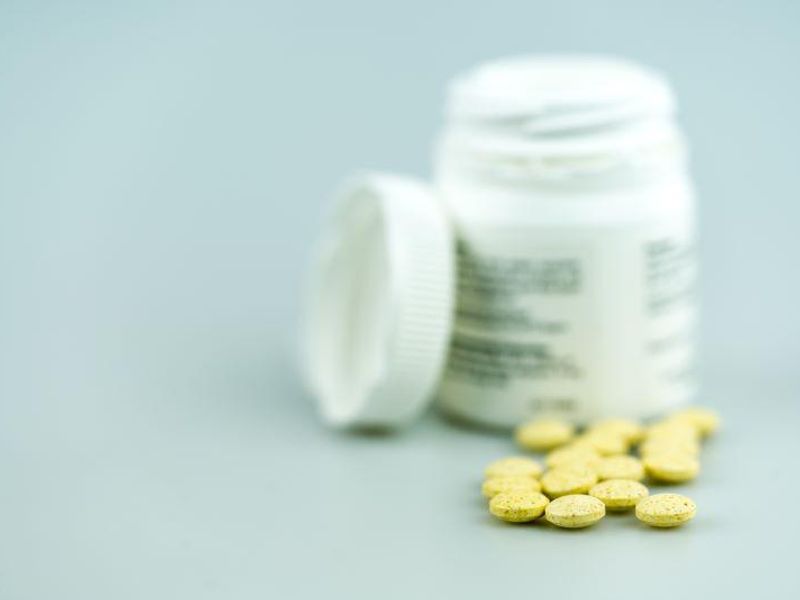TUESDAY, Nov. 1, 2022 (HealthDay News) — For patients with atrial fibrillation (AF), apixaban use is associated with a lower risk for gastrointestinal bleeding (GIB) compared with other direct oral anticoagulants (DOACs), according to a study published online Nov. 1 in the Annals of Internal Medicine.
Wallis C.Y. Lau, Ph.D., from the University College London School of Pharmacy, and colleagues conducted a large-scale comparison between all DOACs in routine clinical practice in a multinational study. Outcomes were compared for patients newly diagnosed with AF from 2010 through 2019 receiving a new DOAC prescription.
Data were included for 527,226 new DOAC users: 281,320 apixaban users; 61,008 dabigatran users; 12,722 edoxaban users; and 172,176 rivaroxaban users. The researchers found that the risk for GIB was lower with apixaban versus dabigatran, edoxaban, or rivaroxaban (hazard ratios, 0.81, 0.77, and 0.72, respectively). There were no substantial differences observed for other outcomes or other comparisons between DOACs. Consistent results were seen for patients aged 80 years and older. Consistent associations between apixaban versus rivaroxaban use and lower GIB risk were seen for patients receiving the standard dose, those receiving the reduced dose, and those with chronic kidney disease (hazard ratios, 0.72, 0.68, and 0.68, respectively).
“Our results indicate that apixaban might be preferable to other DOACs because of the lower rate of GIB and similar rates of stroke and intracranial hemorrhage,” the authors write. “However, as with all treatment choices, a wider consideration of all potential risks and benefits would be needed, such as the use of gastroprotective agents in patients with high risk for GIB.”
Abstract/Full Text (subscription or payment may be required)
Copyright © 2022 HealthDay. All rights reserved.


